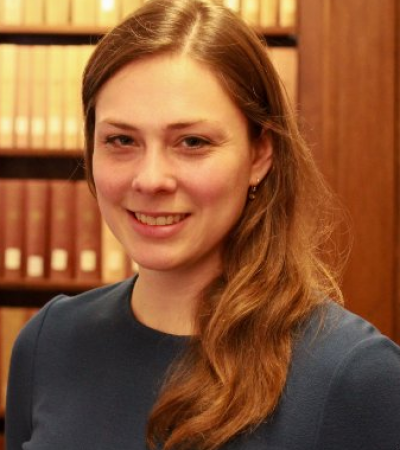Religious Appeals and Right-Wing Populist Parties in Central Europe
Graduate Research Grant
In the context of declining religiosity in Central Europe, what explains the use of religious rhetoric by right-wing populist parties? What role does religious history play in determining the patterns of this rhetoric- whether they bolster in-group identities with pro-Christian rhetoric, or demarcate out-groups through anti-Muslim and anti-Jewish rhetoric? I argue that the role that majority religious institutions and figures played during moments of nationality-crystallization should be a predictor for the use of promajority religion (pro-Christian) rhetoric. Further, the extent to which religious out-groups were politically marginalized during the course of nationality-building will be a predictor of contemporary anti-religious minority (anti-Muslim/anti-Jewish) rhetoric. Overall, through the use of a unique dataset of right-wing populist religious rhetoric and qualitative interviews, I test that the contemporary use of this rhetoric can be explained by the role that religious history played in contributing to the development of a national identity.






